Need a ‘winter reset’? Experts share benefits of slowing down during colder months
Are you acting like it’s summer during the winter months?
That’s what TikTok users have been asking as conversations about slowing down during the winter are going viral.
For instance, TikTok creator Alex Mazerolle, a New York yoga instructor, posted a video on Jan. 3 referring to a chat with a friend. She asked him, “Are you acting like it’s summer when it’s winter?”
“I was just thinking of how much we deny ourselves of our winter,” she said in the video, which so far has more than one million views.
“We think we need to be like summer all the time.”
Mazerolle went on to detail how people are expected to be rested after time off for the holidays — “if you were lucky” — and then jump into a reset in the New Year.
“I want to remind you that winter just started,” she said.
“Right now is the time for dreaming, going within, resting and taking it slow.”
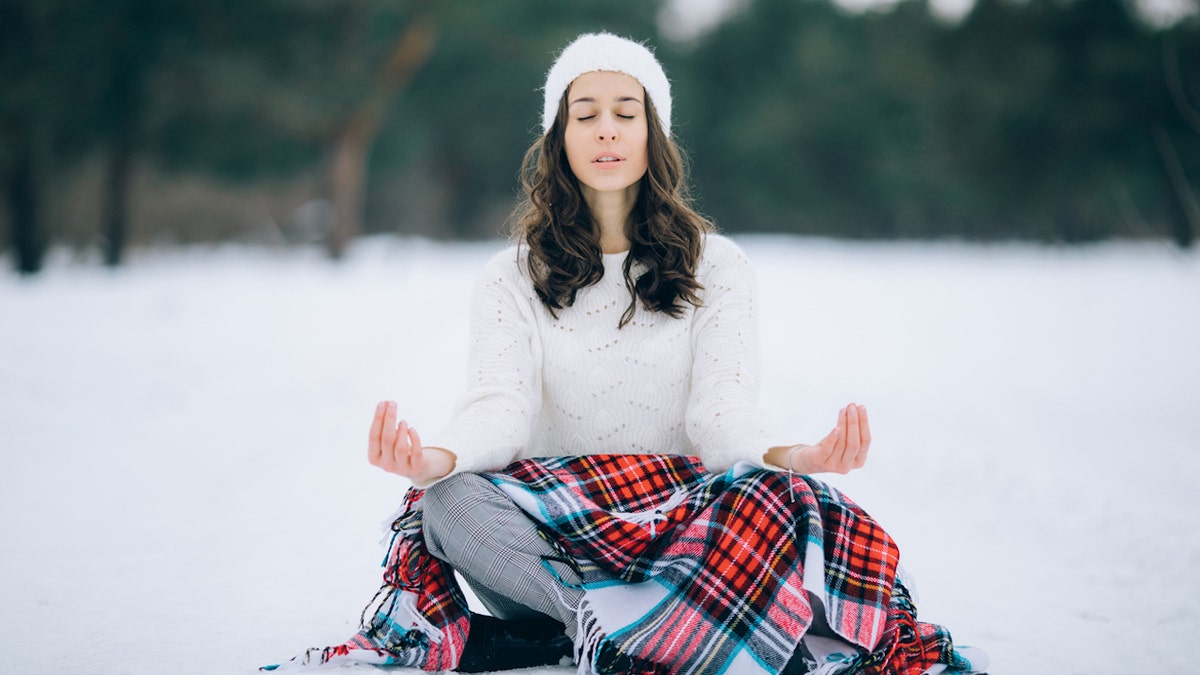
When we act as if it’s summer all the time, one expert said, “we deny our bodies a much-needed interlude.” (iStock)
In an email exchange with Fox News Digital, Mazerolle reiterated that winter is a time of “rest and reflection.“
“If we look to nature, we see that the days are shorter, we experience less light and many animals are hibernating,” she said. “All of this points to conserving our energy and getting rest for the seasons ahead.”
RUNNING COULD EASE DEPRESSION AS MUCH AS MEDICATION, STUDY FINDS: ‘EXTEND THE ARSENAL’
When we act as though it’s summer all the time, she added, “we deny our bodies a much-needed interlude.”
“Staying busy, productive and social may be beneficial for some folks year-round, but in my experience, taking a break from our fast-paced lives is essential,” Mazerolle said.
The yoga instructor acknowledged that this may be difficult for some people, since society puts “a lot of emphasis on ‘doing’ versus ‘being.’”
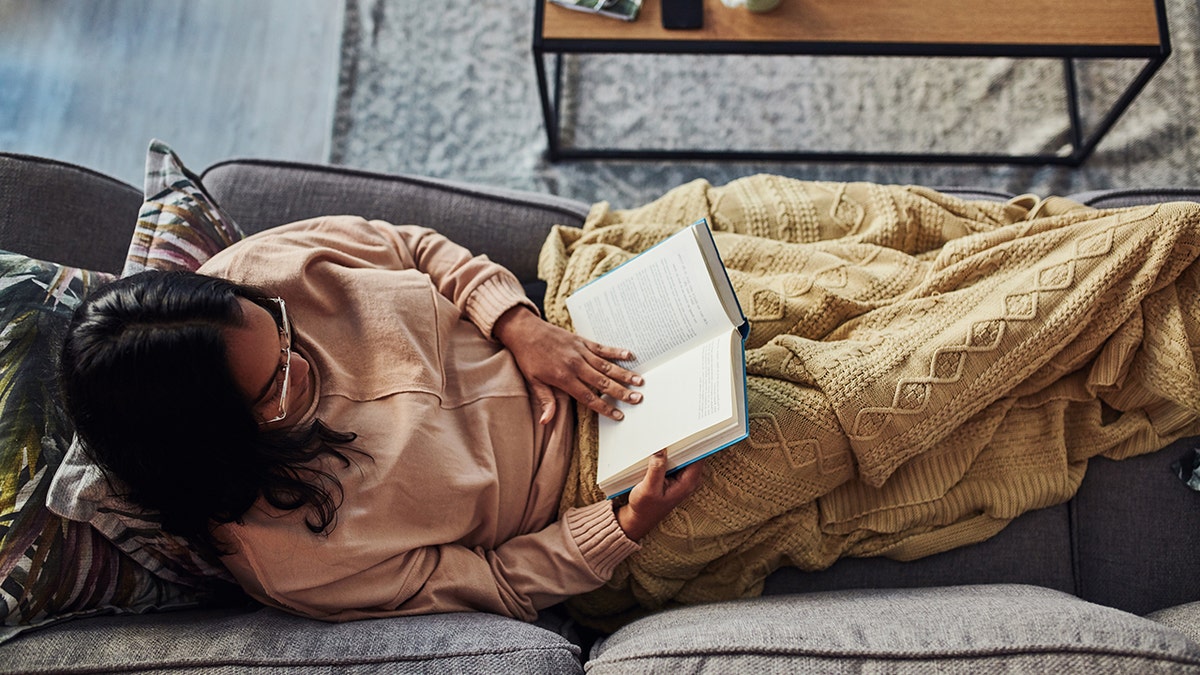
Winter is a time of “rest and reflection,” a yoga instructor told Fox News Digital. (iStock)
“To me, wintering means slowing down, and when we slow down, we often have to face what we have been distracting ourselves from,” she said. “This could look like difficult emotions, feeling guilty for not doing enough or actually coming to terms with physical and/or mental burnout.”
“Right now is the time for dreaming, going within, resting and taking it slow.”
“Many of us would rather pretend it’s summer all the time instead of getting still enough to be present with what’s happening inside of us,” Mazerolle went on. “I call it ‘tending to our inner landscape.’”
Other creators tackled the same concept, including CTA-certified life coach Sarah Welch (@selfexperimenting), who posted a video on Jan. 16 that alerted her viewers to “cut themselves some slack.”
WANT A BIT MORE SLEEP? HITTING THAT SNOOZE BUTTON ISN’T ALWAYS BAD, STUDY FINDS
“If you’re somebody who’s been beating themselves up because you’re not being as productive, you’re not seeing your friends as much, you’ve put on a little bit of weight, or you feel like you’re constantly exhausted, give yourself a little bit of grace,” she said in the video, which has been viewed more than three million times.
The Kentucky-based coach, whose focus is self-discovery and personal growth, told Fox News Digital via email that seasonal changes can impact “mood and energy.”
“Understanding how nature’s cycles affect us enables us to make sense of our behaviors and feelings,” she said.
WANT TO AVOID BURNOUT? AUTHOR SAYS WORKING MORE ‘ISN’T ACTUALLY GETTING MORE DONE’
“This awareness leads to a deeper respect both for ourselves and the environment, recognizing its significant role in shaping our lives.”
Relaxation during the winter is “essential,” Welch said, as it “aligns with the body’s natural rhythm.”
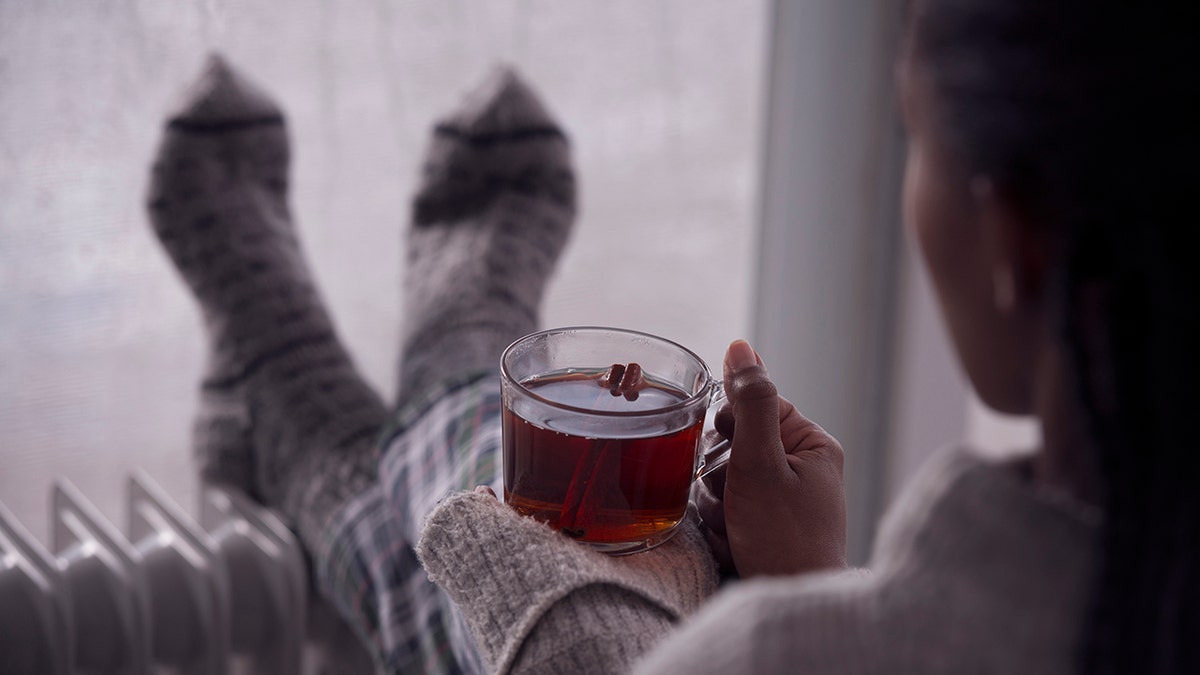
A certified life coach said that “understanding how nature’s cycles affect us enables us to make sense of our behaviors and feelings.” (iStock)
“This period of rest is crucial for mental and physical rejuvenation,” she said. “It’s a time for reflecting, healing and conserving energy.”
“Additionally, the winter season often brings about a sense of calm and quietude, offering an ideal backdrop for relaxation and self-care activities,” Welch added.
“We underestimate how profoundly light affects all aspects of our health, our functioning and our sleep.”
Allowing yourself to relax during the winter could lead to “improved well-being, greater productivity and a more balanced lifestyle once the more active seasons return,” the life coach said.
Dr. Wendy Troxel, a Utah-based sleep expert and senior behavioral scientist at the RAND Corporation, pointed out that we live in a “chronically sleep-deprived society.”
WANT TO BE A MORNING PERSON? THESE 6 EXPERT TIPS MAY GET YOU THERE
“About one-third of adults regularly don’t get enough sleep,” she said in an interview with Fox News Digital. “And a much larger percentage, about 70%, regularly don’t get good quality sleep.”
Winter should be a time to prioritize sleep, Troxel said, but added that it goes “beyond the season.”

Dr. Wendy Troxel, senior behavioral scientist at RAND Corporation, is the author of “Sharing the Covers: Every Couple’s Guide to Better Sleep” and the scientific adviser for SleepFoundation.org. (Diane Baldwin)
“We need to change our attitudes about sleep more broadly,” she said.
Data supports the benefits of slowing down in the winter to accommodate major changes, Troxel noted, including less light exposure.
“Human beings are truly creatures of light, and we underestimate how profoundly light affects all aspects of our health, our functioning and our sleep,” she said.
The expert recommended “having some grace with oneself” and recognizing that you may need more sleep during this season.
Less sunlight in a day can help facilitate earlier bedtimes, she noted — “that tendency to want to hibernate in the winter can be facilitated by the fact that it’s dark out at night.”
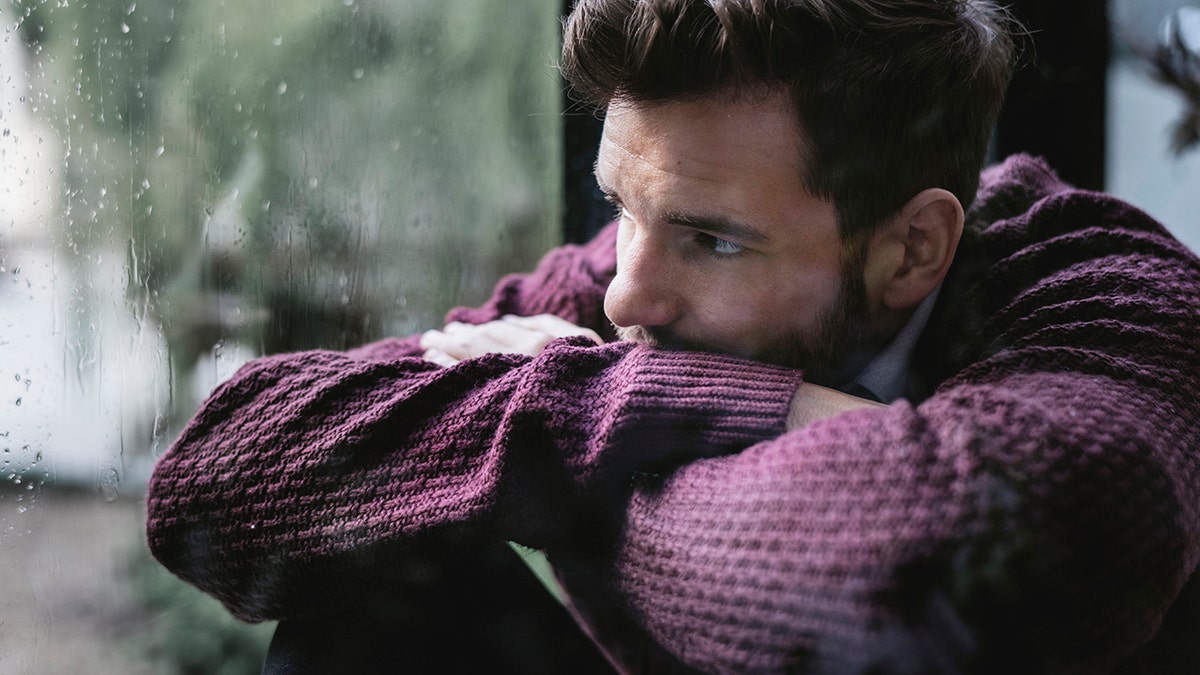
An expert encouraged people to seek out available treatments for seasonal depression or fatigue. (iStock)
Quality of sleep is just as important as quantity, however, noted Troxel.
While some people may feel more fatigued by the lack of sunlight and colder weather, excessive sleep may not always be beneficial in the long run.
“Although there might be a tendency to want more sleep in the winter, the quality of that sleep sometimes suffers,” she said.
CLICK HERE TO SIGN UP FOR OUR HEALTH NEWSLETTER
“We want to line up the strategies that will also support good sleep quality, so that doesn’t mean catching sleep wherever you can or sleeping in excessively.”
For those who are struggling with low energy in the winter, Troxel suggested increasing exposure to light by getting outside in the morning or investing in artificial methods like light boxes.
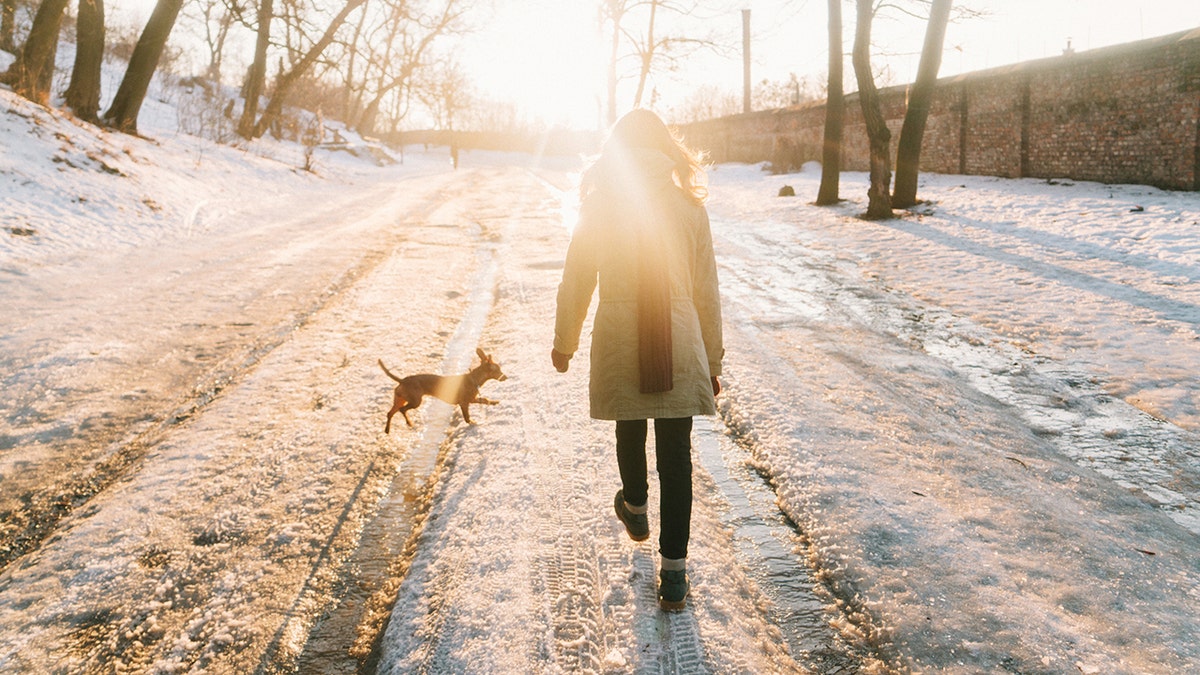
A sleep expert emphasized the importance of light exposure to boost energy levels. (iStock)
Rather than focusing on “winter” and “summer” versions of themselves, Troxel encouraged people to find a way to “recharge their battery” throughout the year and recognize the effects of light on their bodies, brains and behavior.
“So, have some grace with oneself, but … I think we need to recognize the mechanisms that are influencing those changes seasonally and try to find strategies to cope with that,” she said.
CLICK HERE TO GET THE FOX NEWS APP
Some energy-boosting strategies include social interactions, physical activity and enjoyable activities and hobbies, Troxel suggested.
“That might mean taking time for oneself and engaging in self-care,” she said. “But I would say we need to think about that throughout the year. It’s not just a seasonal thing.”







